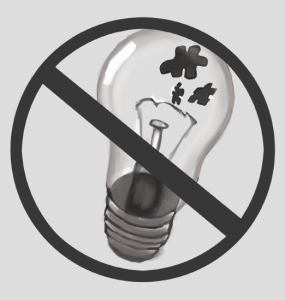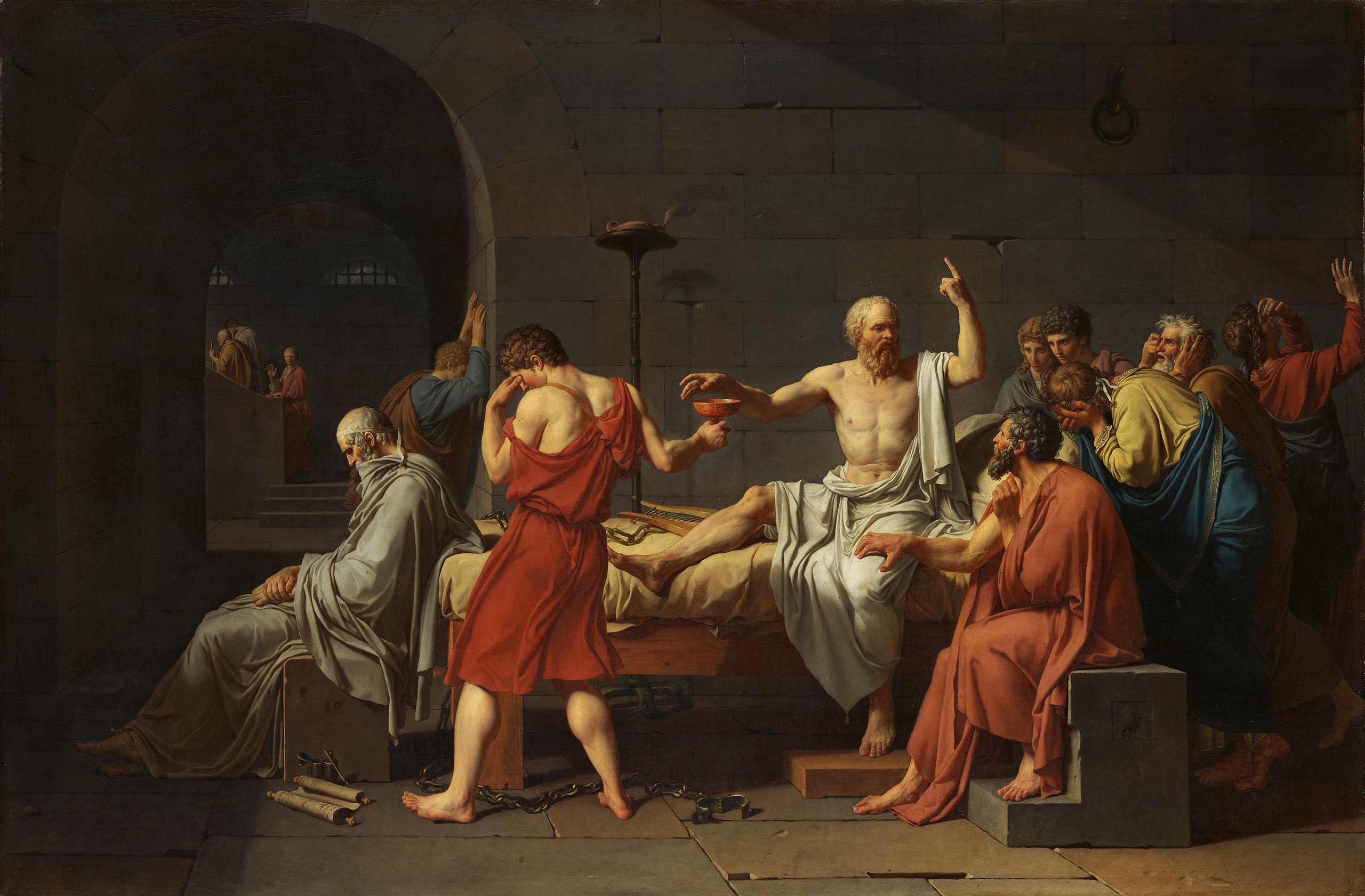Why ‘lighting it up blue’ does nothing for autistic people and only acceptance can change society
Mary Wilson
Opinions Editor
It’s April, which means several things: warmer weather, the return of major league baseball and, of course, April Fool’s Day. I do not hate warmer weather. I do not hate major league baseball. I don’t even hate April Fool’s Day. I do hate Autism Awareness Month, which dominates April.
Buildings and hospitals are lit up in blue. The Home Depot sells blue light bulbs. Facebook feeds are flooded with fundraisers, imploring us to donate to help those poor kids with autism. Retail chains partner with the autism charity giant Autism Speaks, which leads the increasingly-successful “Light it Up Blue” campaign.
I’ve written about being autistic before. I’ve written about how acceptance of autistic people benefits all of us. And while we all likely know at least one person who is on the autistic spectrum, that’s all most of us know. Such awareness, often called “cocktail party awareness”, is akin to pinning on a blue ribbon, putting in a blue light bulb, or spouting out the latest diagnostic rates from the CDC.
Blue ribbons do nothing to help the millions of autistic kids and adults around the world. Installing a blue light bulb doesn’t make it easier for autistic people once they age out of the education system. Reciting the latest autism statistics does nothing to  promote greater acceptance of autistic people. Cocktail party awareness does not help those on the autistic spectrum, but it makes non-autistic, or allistic, people feel like they’re doing a good thing.
promote greater acceptance of autistic people. Cocktail party awareness does not help those on the autistic spectrum, but it makes non-autistic, or allistic, people feel like they’re doing a good thing.
One thing that does help autistic people is acceptance. Autistic and otherwise disabled people are sometimes denied organ transplants solely on the basis of their disability, on how doctors and other professionals perceive that individual’s quality of life. There are brutal murders of autistic individuals, usually by their parents or caregivers, every year. The average autistic person only lives to age 54, with suicide as one of the leading causes of death. The supports in some areas are few and far between. This all needs to change, and ‘Lighting it up Blue’ doesn’t cut it.
So what can be done? We can move past cocktail party awareness. We can stop “Lighting it up Blue” every April. We can stop ending the conversation about autism with the latest numbers from the CDC and continue it with autistic voices. We can have a cultural mindset shift, leaving behind the notion that autistic people are somehow damaged, broken, need to be changed, pitied, fixed, or trained in some way and move forward with the idea that autism is okay. Being autistic is okay.
Autistic people have been speaking. It’s time to listen.










